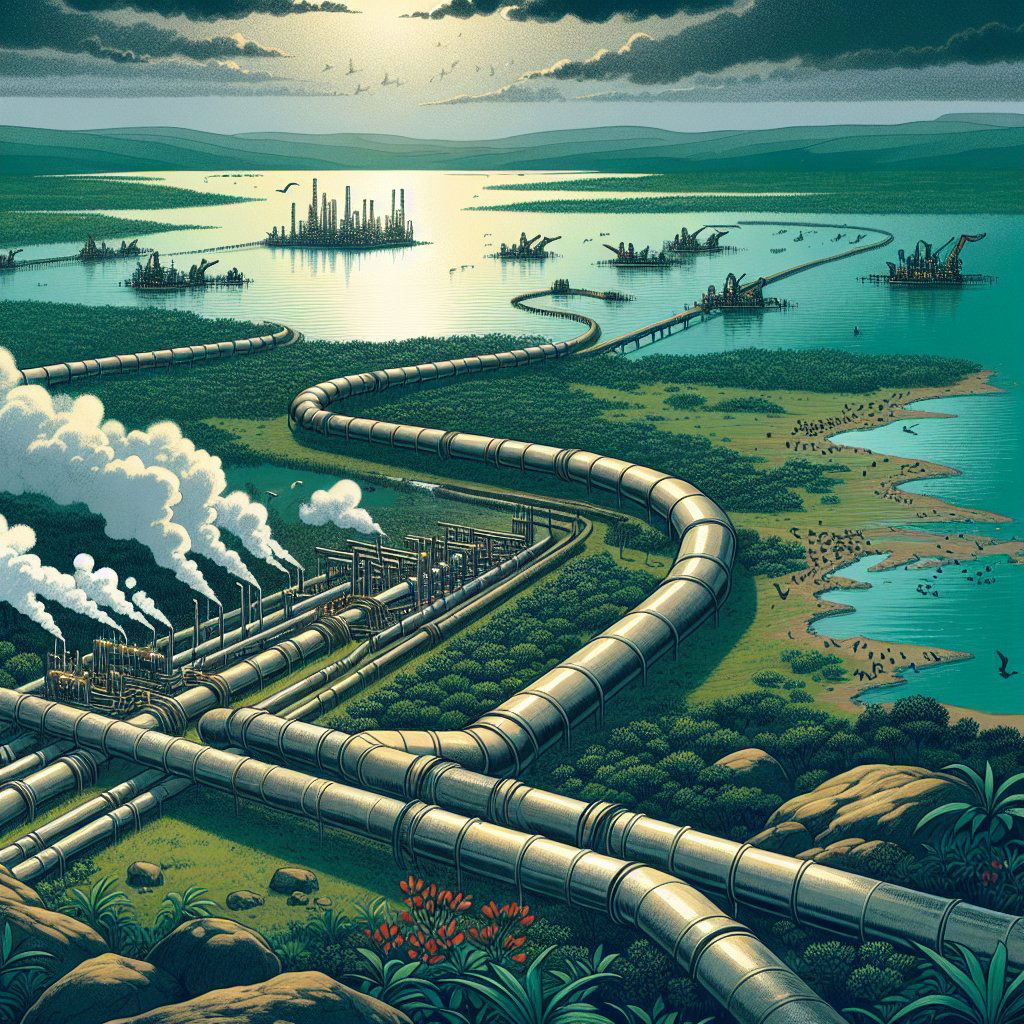Image: AI generated for illustration purposes
East African Court Dismisses Environmentalist's Appeal Against TotalEnergies' Oil Megaproject
In a recent ruling that has significant implications for the environment and energy sector, the East African Court of Justice dismissed a lawsuit challenging the development of a massive oil project by French oil company TotalEnergies. The court, based in Arusha, Tanzania, cited the timing of the filing as the reason it could not proceed, much to the chagrin of environmentalists and human rights advocates.
The controversy surrounds the East African Crude Oil Pipeline (EACOP) project, a colossal venture involving an estimated investment of ten billion dollars, spearheaded by Uganda, Tanzania, TotalEnergies, and China's CNOOC. The project includes the ambitious task of drilling 419 wells across the western part of Uganda and constructing a 1,443-kilometer heated pipeline. This pipeline will transport oil from the Lake Albert deposits to the Tanzanian coast, opening a new channel for crude oil to the Indian Ocean.
The environmental concerns stem from Lake Albert's location amidst a delicate ecosystem, rich in biodiversity. With an estimated 6.5 billion barrels of crude, of which 1.4 billion are thought to be recoverable, the prospective economic benefits are significant. Uganda eagerly anticipates the production of its first oil, slated for 2025, with President Yoweri Museveni heralding the venture as a much-needed stimulus for the country's economy and a potential path out of poverty for its citizens.
However, environmental and human rights groups are painting a very different picture. They argue that the project poses an existential threat to the fragile environment and the climate in general. The groups, which took their grievances to the East African Court of Justice in 2020, were met with disappointment when the court declared itself unfit to examine their lawsuit due to its late submission.
The backlash from these organizations was swift, with Lucien Limacher of Natural Justice criticizing Northern countries and African government institutions for their disregard for environmental destruction and the deleterious effects of fossil fuels on climate change. The dismay extended into the international activist community, evidenced by the filing of a climaticide complaint against TotalEnergies by four environmental associations, including Darwin Climax Coalitions and Sea Shepherd France.
This court ruling solidifies the ongoing battle lines between economic development interests and environmental stewardship. With such vast resources at stake, the EACOP project has become emblematic of the larger global conflict between the necessity for national economic progress and the pressing imperative to protect the environment and combat climate change.
Given the court's decision and the financial might behind EACOP, the project is likely to push forward despite the opposition, bringing into sharp relief the complex challenges that societies face as they seek to balance the demands for energy, environmental conservation, and human rights.
#GOOGLE_AD










